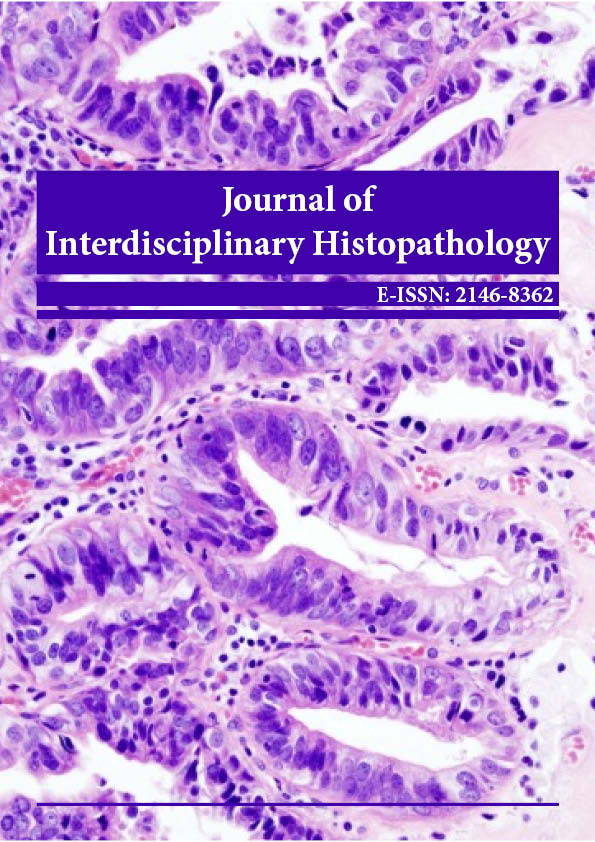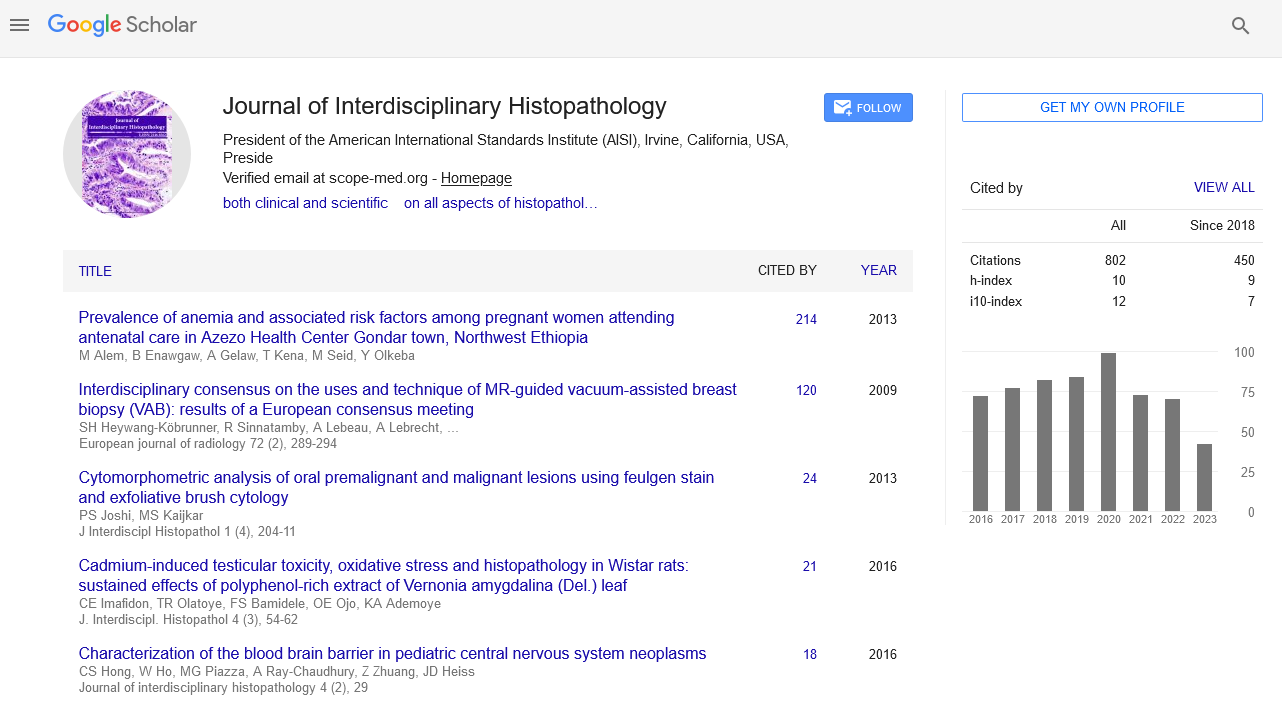Th e signifi cance of BerEp4 and cytokeratin 19 expressions in epithelial tumors of kidney and renal pelvis
Abstract
Ayhan Ozcan, Ibrahim Yavan, Melih Kilinc, Sami Uguz, Sukru Ozaydin
Objective: The differential diagnosis in the epithelial tumors of kidney and renal pelvis can be problematic due to their overlapping morphologic features. This is much more complicated in some conditions such as renal oncocytoma (RO) versus chromophobe renal cell carcinoma (ChRCC) and RCC versus urothelial carcinoma of the renal pelvis (UC-RP). The purpose of this study was to assess the potential contributions of BerEP4 and cytokeratin 19 (CK19) expressions in the differential diagnosis of these challenging cases. Materials and Methods: A total of 57 cases consisted of 11 chromophobe (ChRCC), 18 clear cells RCC (CCRCC), 12 papillary RCC (PRCC), and 2 unclassified RCCs, 1 multilocular cystic renal cell neoplasm (MCRCN) with low malignant potential, 7 UC-RP, and 6 ROs were stained against BerEp4 and CK19 antibodies using automated immunostainer. Results: All ROs demonstrated membranous BerEP4 expression, but no CK19 expression. Unlike ROs, most ChRCCs exhibited diffuse and strong CK19 expression, but no or focal and weak BerEP4 expression. This distinctive opposite expression pattern was highlighted in hybrid oncocytic chromophobe tumor (HOCT). CCRCCs showed highly variable expression patterns for both markers. PRCC type 1 tumors demonstrated diffuse and strong BerEp4 and CK19 expressions. PRCC Type 2 exhibited BerEP4 and CK19 expressions, but their expressions were focal and weaker than for PRCC Type 1. MCRCN demonstrated diffuse and strong BerEP4 expression, but no expression for CK19 unlike cystic CCRCC, which is strongly positive for both markers. Epithelioid cells in unclassified RCC showed strong CK19 and weak BerEP4 expression, whereas spindle cells in the tumor did not express CK19 and BerEp4 or exhibited scattered and weak expressions. UC-RP showed diffuse and strong CK19 expression, but no or scattered BerEP4expression was seen in the tumor. We also evaluated CK19 and BerEP4 expression in non-neoplastic adjacent kidney and renal pelvis. Conclusion: This study revealed that (1) BerEP4 and CK19 exhibit variable and distinctive immunoprofiles in epithelial tumors of kidney and renal pelvis, (2) an immunoprofile of BerEP4 (+)/CK19 (−) favors RO in contrast to an opposite profile for ChRCC, (3) The heterogeneous expressions of BerEP4 and CK19 in low grade RCC with eosinophilic cytoplasm favors HOCT, (4) PRCC type 1 strongly express both biomarkers, and (5) although RCC subtypes express CK19 in a variable proportion and intensity, diffuse and strong CK19 expression favors UC-RP.
PDF





